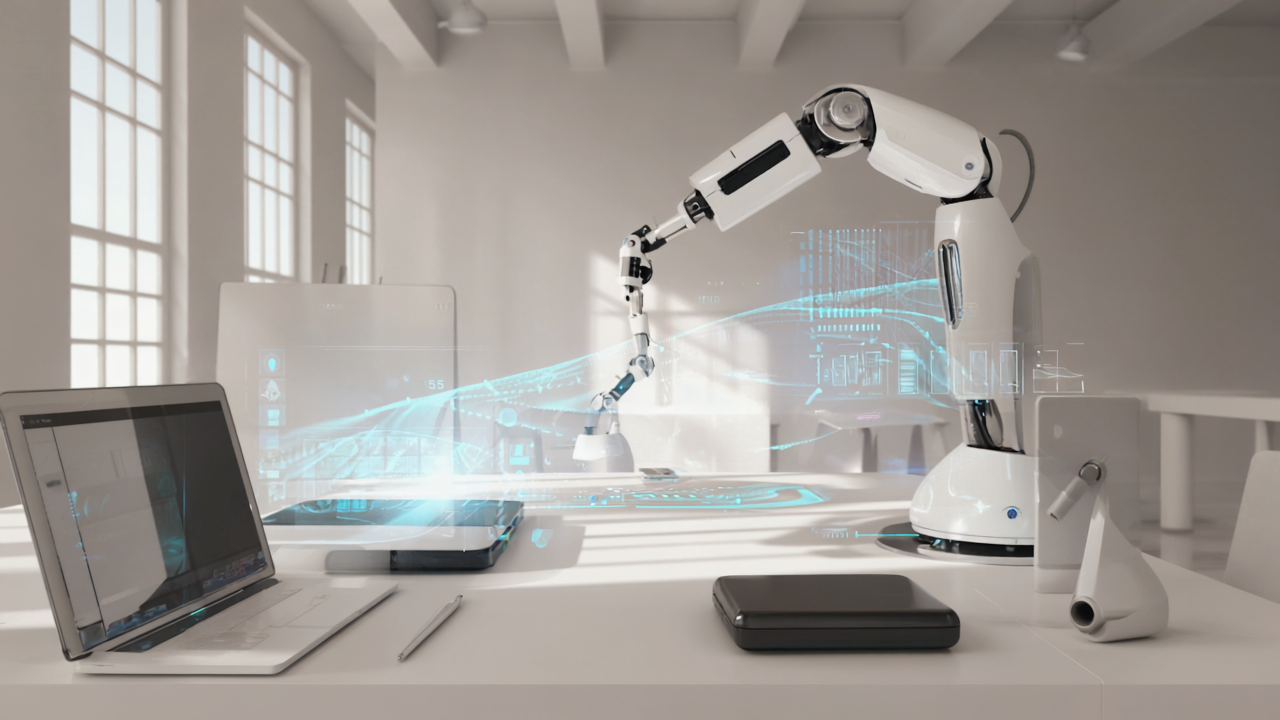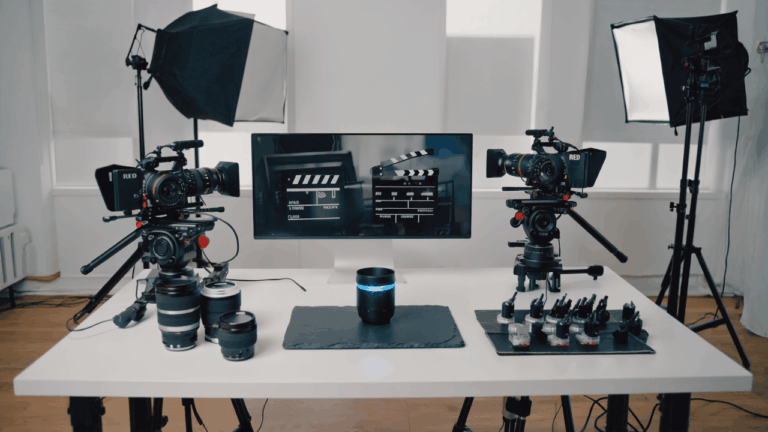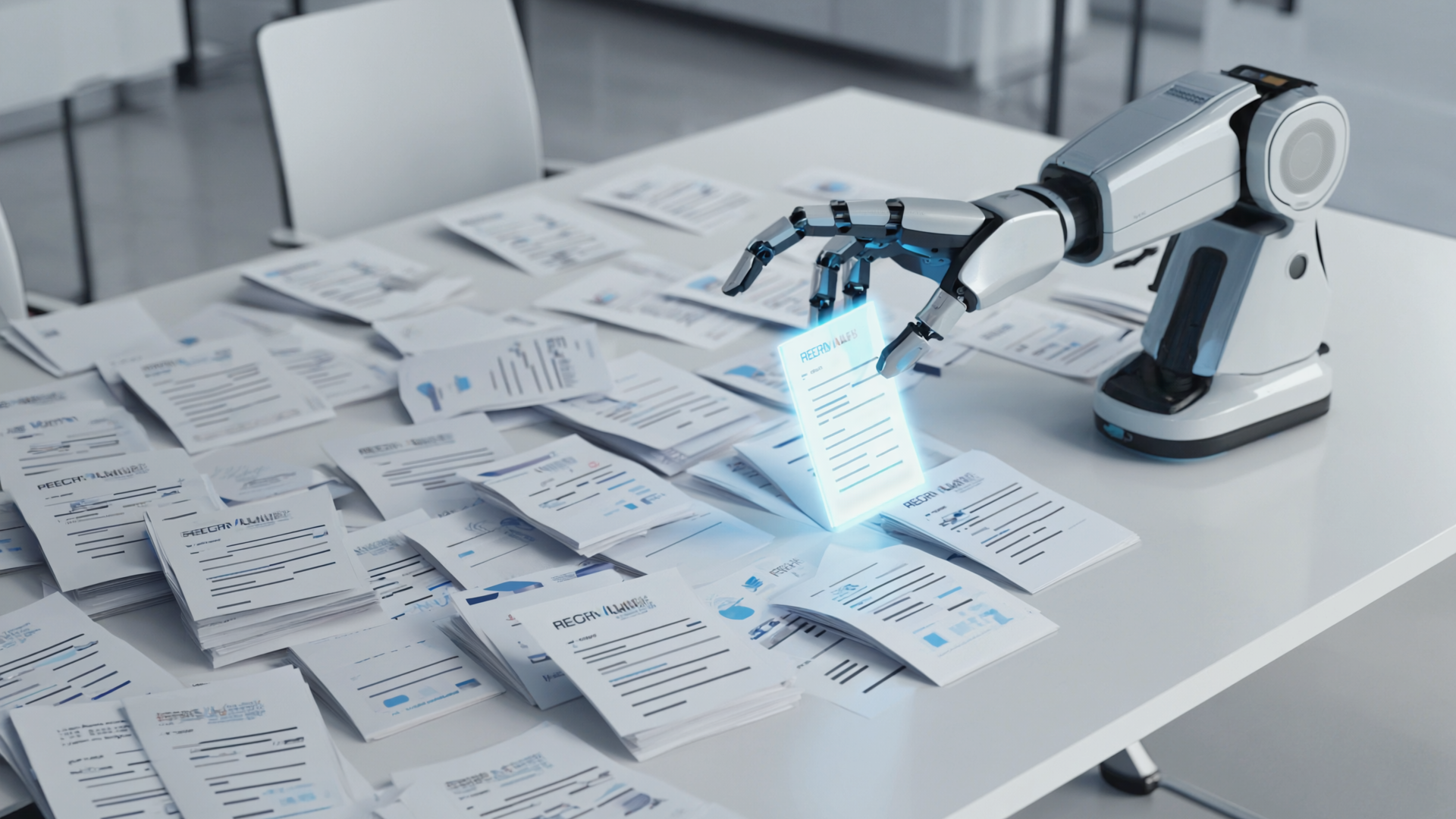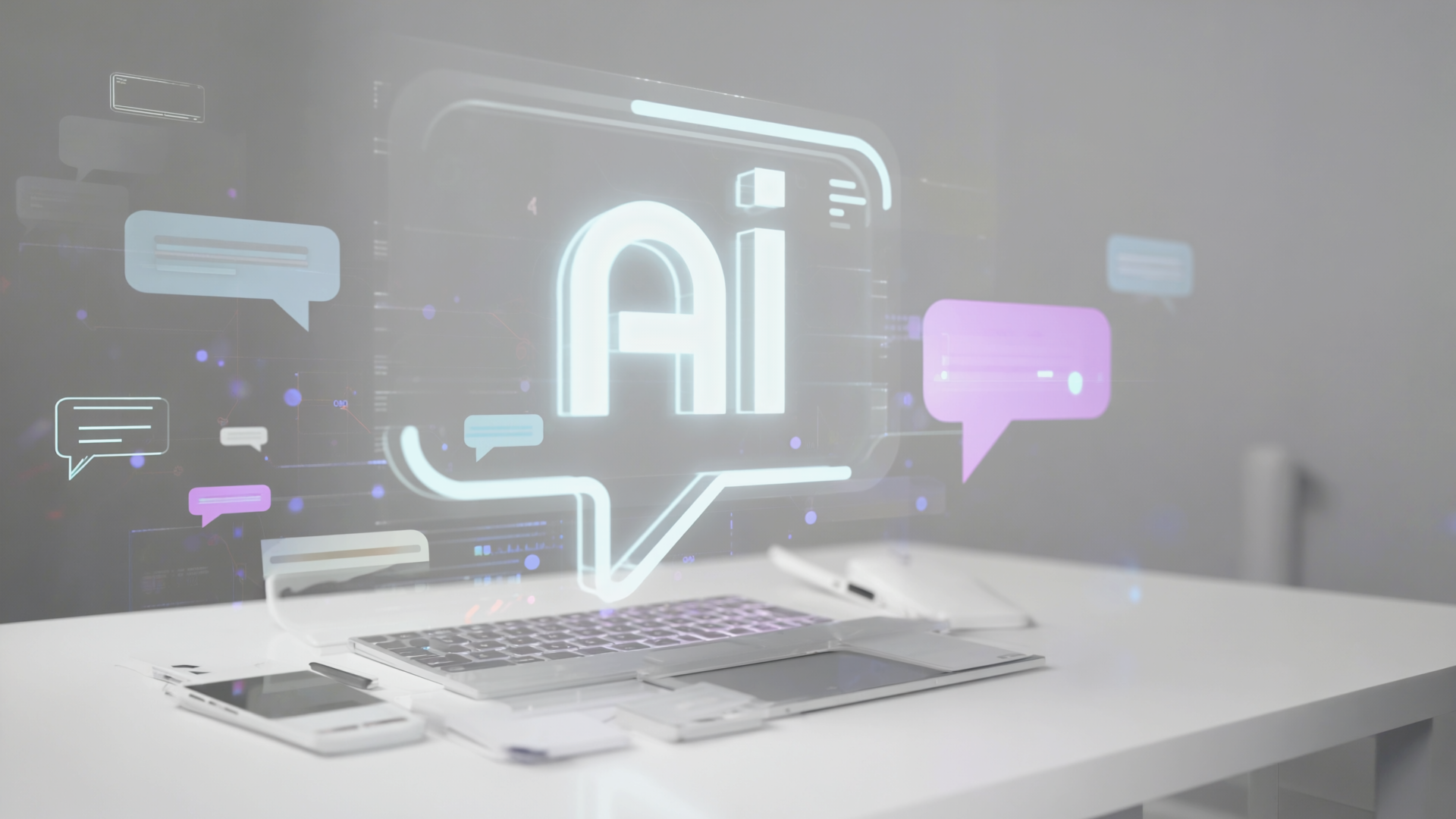
Top AI Tools Recommendations
Top AI Tools Recommendations: Navigating the Future of Technology
Introduction
In recent years, Artificial Intelligence (AI) has become a cornerstone of technological advancement, revolutionizing industries and transforming the way we work, communicate, and interact with the world. From streamlining business operations to enhancing personal productivity, AI tools are increasingly indispensable. As we delve into the era of AI, understanding and leveraging the right tools is crucial for individuals and organizations aiming to stay ahead in a competitive landscape. This article explores top AI tools, their industry impact, and future implications, providing a comprehensive guide for those looking to harness the power of AI.

Key Points and Analysis
1. AI-Powered Communication Tools
AI tools such as **Grammarly** and **ChatGPT** are redefining communication by offering real-time suggestions and automating responses. Grammarly uses AI to enhance writing by providing grammar, style, and tone suggestions, making it invaluable for professionals and students alike. ChatGPT, developed by OpenAI, facilitates conversational AI, enabling businesses to automate customer service and engage users in natural language.
2. AI in Data Analysis
Tools like **Tableau** and **TensorFlow** are instrumental in data analysis and visualization. Tableau harnesses AI to provide intuitive data visualization, helping businesses make data-driven decisions with ease. TensorFlow, an open-source library, empowers developers to build machine learning models, making complex data analysis accessible and efficient.
3. AI for Creative Industries
Creative tools such as **Adobe Sensei** and **DeepArt** leverage AI to transform the creative process. Adobe Sensei integrates AI into Adobe's suite of products, automating tedious tasks and enhancing creative workflows. DeepArt uses neural networks to transform photos into artworks, pushing the boundaries of digital art and offering new creative possibilities.
4. AI in Automation
RPA tools like **UiPath** and **Blue Prism** are revolutionizing automation in industries. These tools use AI to automate repetitive tasks, improving efficiency and reducing human error. By streamlining operations, businesses can focus on innovation and strategic growth.
Industry Impact and Applications
AI tools are impacting industries across the board, from healthcare and finance to marketing and manufacturing. In healthcare, AI tools are used for predictive analytics, personalized medicine, and enhancing patient care. Financial institutions leverage AI for fraud detection, risk management, and customer service automation. In marketing, AI-driven analytics provide insights into consumer behavior, enabling targeted campaigns and improved customer engagement.
Manufacturing industries benefit from AI in predictive maintenance, quality control, and supply chain optimization. By integrating AI tools, businesses can enhance productivity, reduce costs, and drive innovation.
Future Implications
The future of AI tools is promising, with advancements in technology leading to more sophisticated applications. The integration of AI with the Internet of Things (IoT), blockchain, and quantum computing will open new frontiers in automation and data security. As AI tools become more accessible, ethical considerations and regulatory frameworks will be crucial in ensuring responsible use and mitigating potential risks.
AI's role in shaping the future workforce cannot be overstated. While AI tools will automate certain tasks, they will also create new job opportunities and demand for skills in AI development and implementation. Organizations must invest in training and reskilling to prepare their workforce for an AI-driven future.

Conclusion
In conclusion, AI tools are pivotal in driving innovation and efficiency across various sectors. Understanding and leveraging these tools is essential for individuals and organizations aiming to thrive in the digital age. By keeping abreast of the latest developments and adopting a strategic approach to AI integration, businesses can unlock new opportunities and remain competitive. As we navigate the future of technology, AI tools will continue to be at the forefront, shaping the way we live and work.
aecenas sollicitudin purus id leo vehicula lacinia quam vulputate dapibus fermentum metus, nec euismod nulla dapibus nasac metus nunc rabitur euntum




